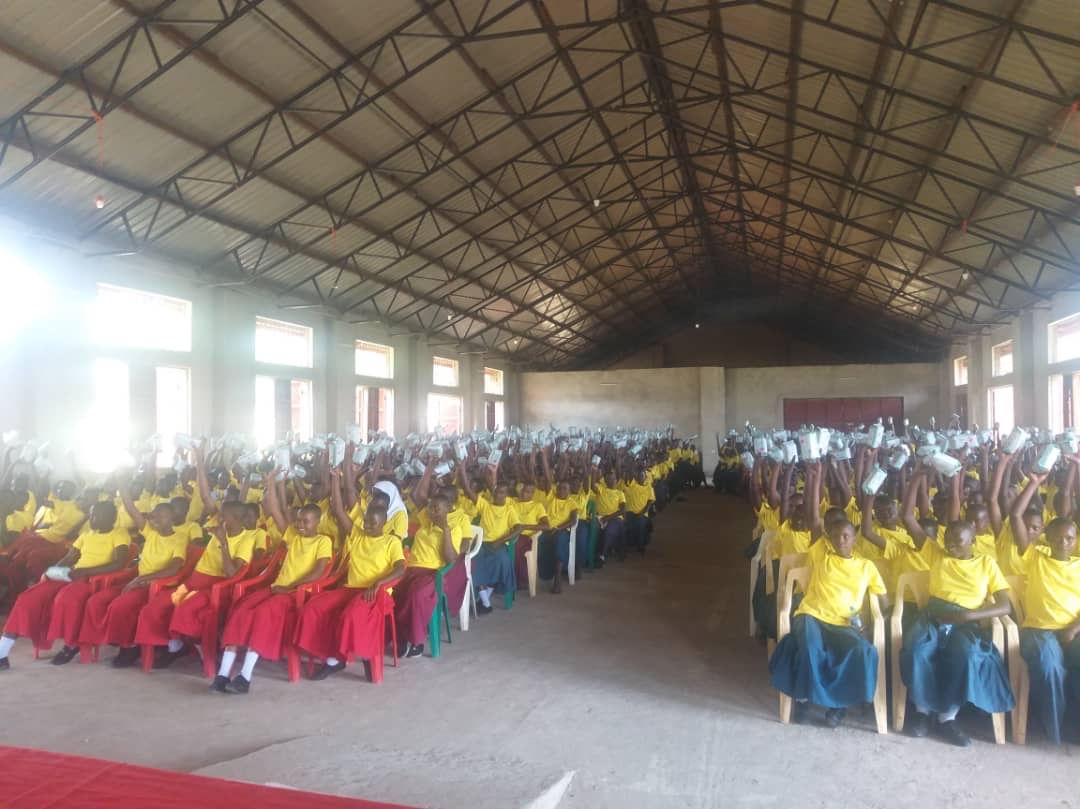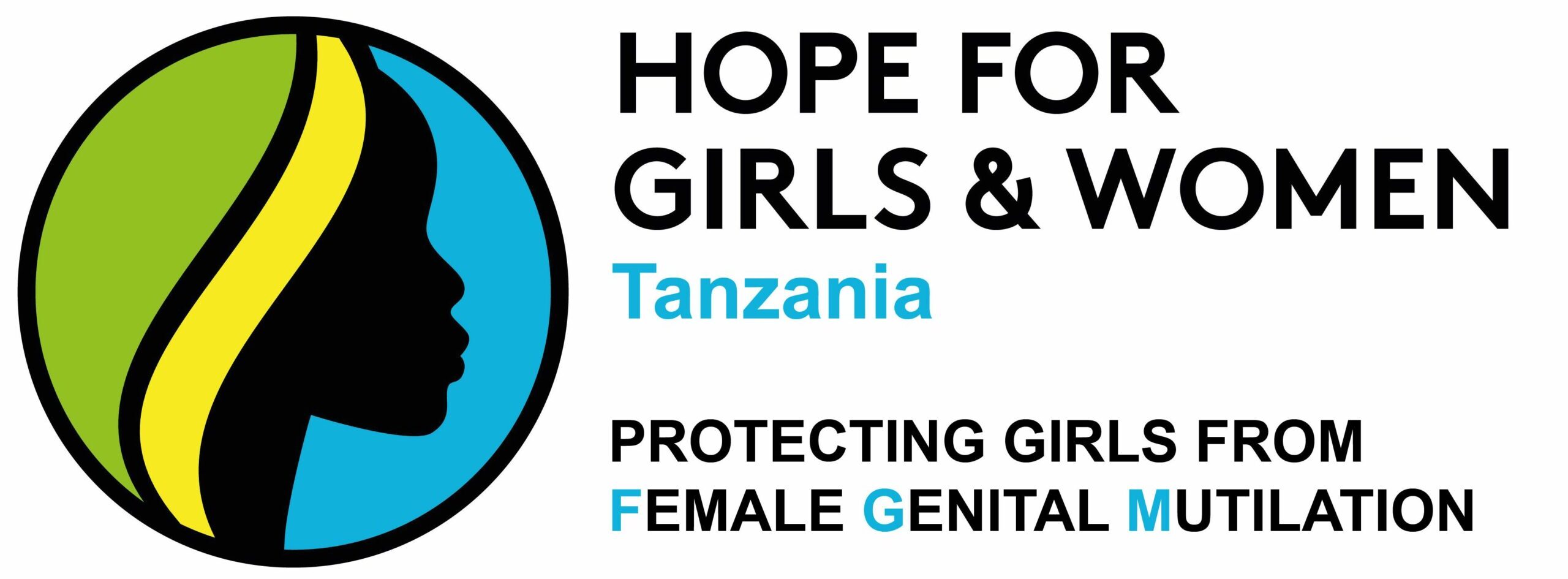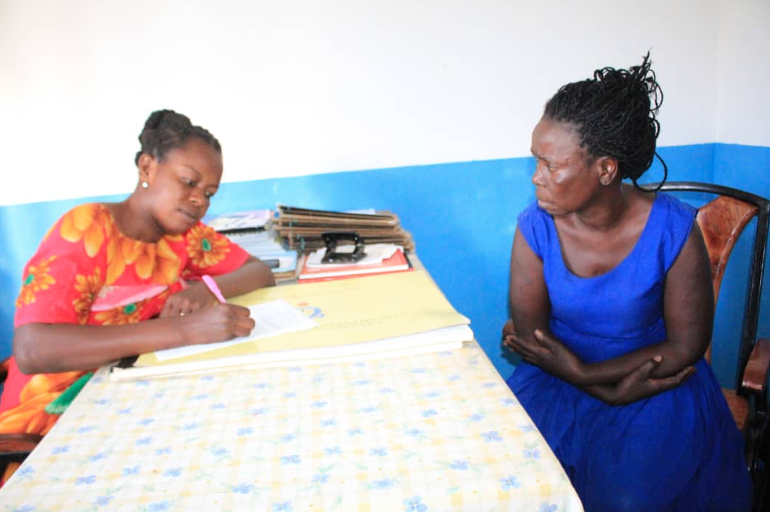On the weekend of 29th and 30th May 2021, the Hope for Girls and Women Tanzania team collaborated with Grumeti Fund to provide empowerment sessions for local school girls in the Serengeti District.
On Saturday, 288 girls at Chamriho Secondary School were invited to take part.
Amina, who has stayed with Hope, bravely told her story to the girls gathered. This was an opportunity to inspire other girls and encourage them to seek help if they know that plans are being made by their family to have them cut.

Amina has been able to reside at a Hope Safe House away from her family home, and acted as a proud spokesperson on Saturday.
Smaller group sessions took place throughout the day:
- Form four girls took part in a discussion about human resources
- Form three girls took part in an entrepreneurship workshop, which provided direction and skills to support them in setting up their own businesses, allowing them to be more independent as they move into womanhood.
- Form two girls took part in sessions focused on the importance of having personal plans and being committed to making the best of your own future.

To support menstrual hygiene and environmental sustainability, the girls in attendance were all given re-usable pads.
On Sunday, 703 girls gathered from schools close to Rigicha. During this session, we covered:
- Reproductive health and the menstrual cycle
- Gender, the effects of gender based violence (GBV) and female genital mutilation (FGM)
- Distribution of pads to all of the girls gathered
This was an important weekend of outreach and education, reaching 991 girls. We have found events like this are incredibly helpful for informing not just those gathered – but also their family and friends, as the girls will often go home and confidently discuss what they have learnt.
Thank you to The Grumeti Fund, Amina, and everyone on the Hope for Girls and Women team, as well as everyone who attended the sessions.

